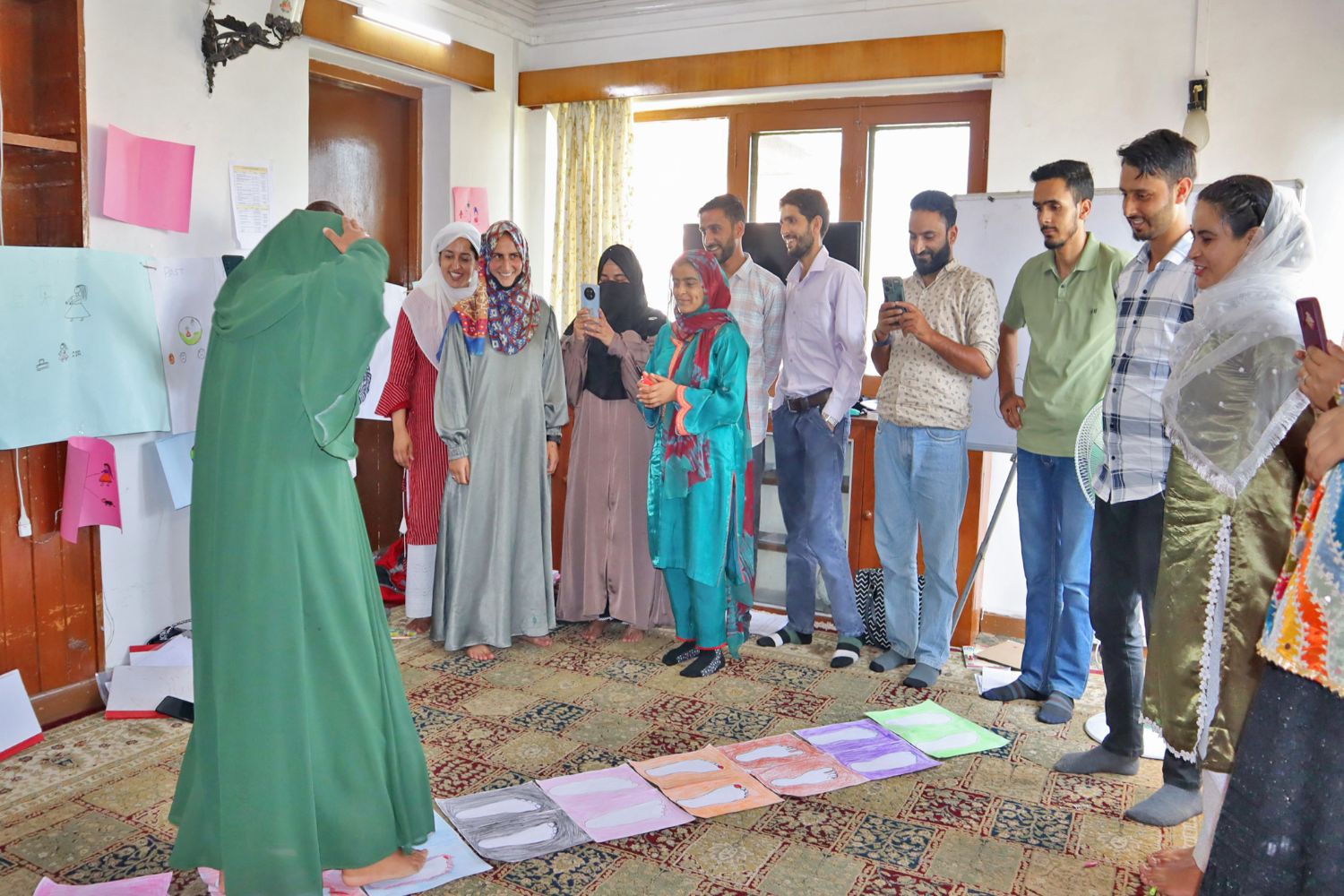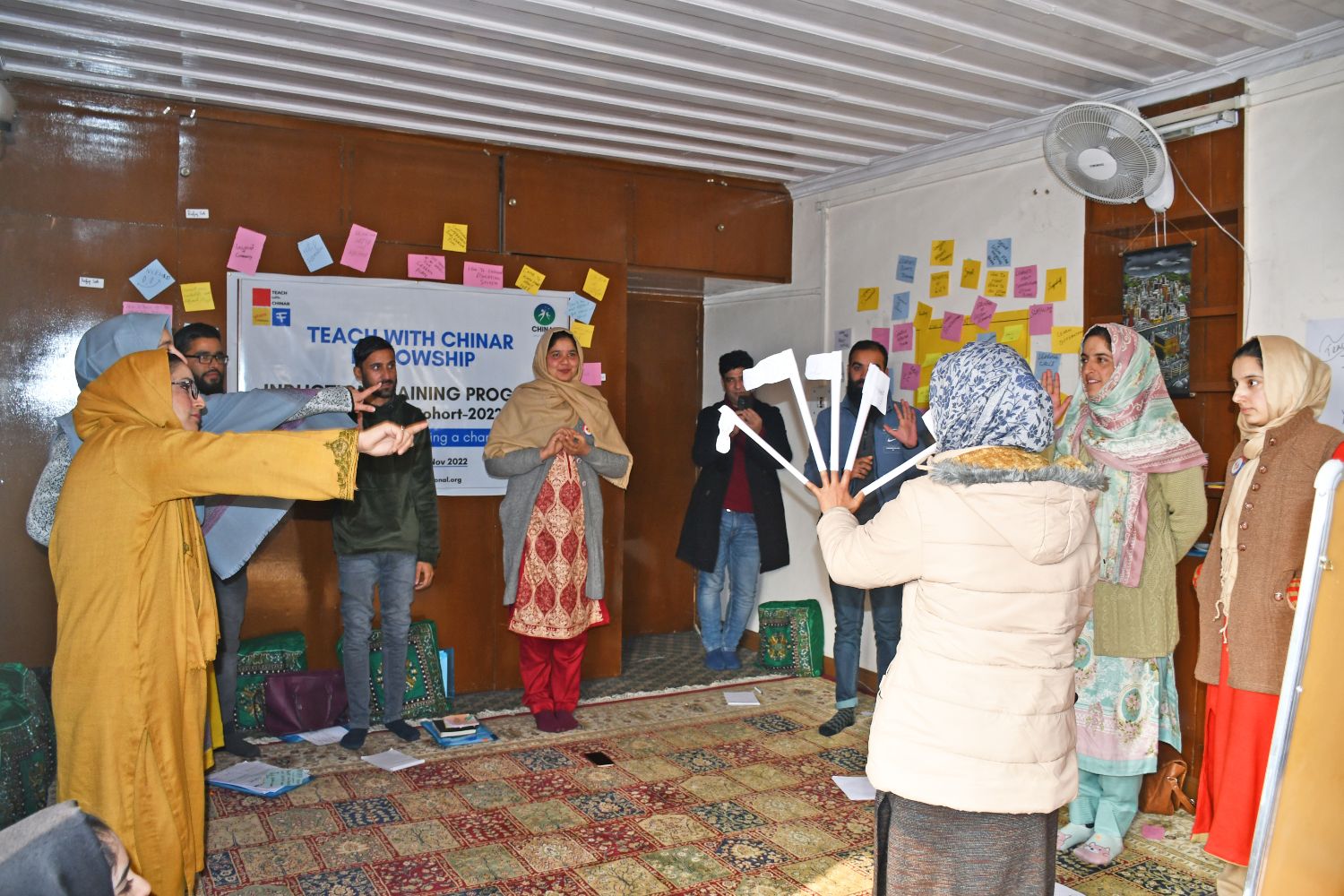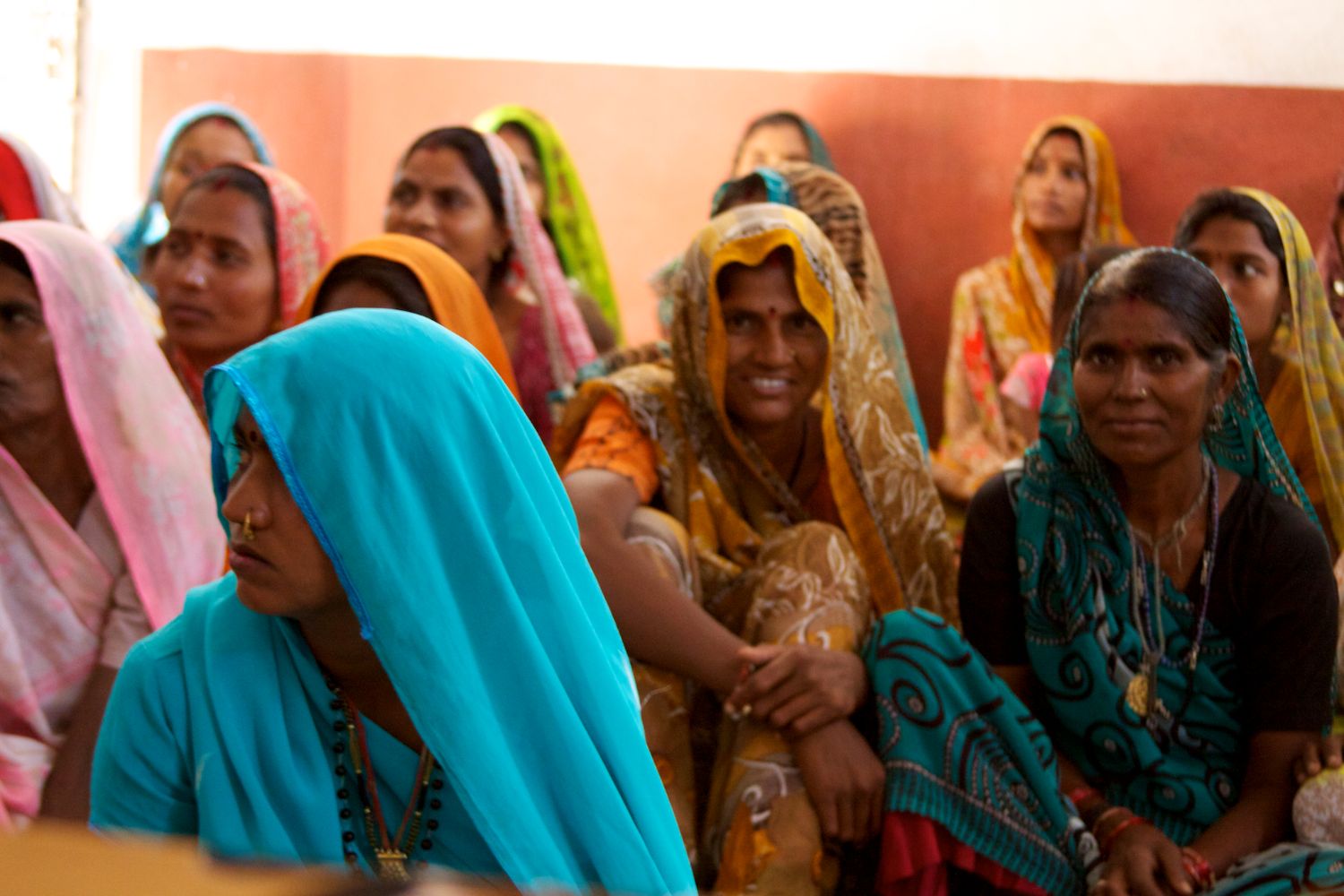What is capacity building and why we need it
Capacity building is an often neglected aspect of our work in the social sector. This is especially so in the domain of education. Even in the work of those organizations which work on education in a focused manner, often the larger organizational and operational aspect of the work does not end up receiving that much […]

Capacity building is an often neglected aspect of our work in the social sector. This is especially so in the domain of education. Even in the work of those organizations which work on education in a focused manner, often the larger organizational and operational aspect of the work does not end up receiving that much importance. Often training programs focused on specific skills, for example, on facilitating reading and numeracy end up getting prioritized. This is perhaps because there is an immediate programmatic relevance of such capacity building interventions.
However, a Civil Society Organization (CSO) is not merely the programs it runs. It is a living, thinking entity that needs to respond to its context in a nuanced, thoughtful and considered manner. It also needs to put in the thinking and actions needed for ensuring its long-term existence to be able to deliver on its vision and mission. This not only needs the space and the time to do so, but rethinking about what we need capacity building in the first place.
One of the most fundamental capacities is the ability to reflect on one’s actions, learn from it, and take the necessary steps to fine-tune one’s response. This ability is developed in practice, while responding to different concrete contexts. However, this can also be learnt. Many new spaces, such as Communities of Practice, are being fostered to facilitate such learning, which show much promise.
An important axis around which we can perhaps productively think about developing abilities is that of the interface between individual and organization practice. Although it is true that, capacities at an organizational level are of a different order and need a special set of processes to be honed, capacity building of individuals can also be made to be dovetailed into fulfilling organizational needs. And this need not merely happen in the context of program implementation. This is especially true at the level of the Board and the leadership. Capacity building of individuals at this level can feed into the process of realization of larger organizational development goals.
In a parallel process, a proper alignment of the organization development process seguing in to the realization of the CSO’s mission and vision can bring clarity into the assessing of learning needs of team members at all levels. This has to be accompanied by a democratic process of decision making that makes course correction easier and the feedback loop complete.
Sometimes it is difficult for CSOs to convince of funders to take the larger organizational view and support Capacity Building (CB) initiatives that are not immediately to programmatic ends. CB development ultimately contributes to more effective program implementation. Therefore, apart from having a larger separate CB plan as a part of OD, if capacity building is made an integral part of all program designs, these can help make CB a routine and everyday part of our work in the sector.




No approved comments yet. Be the first to comment!